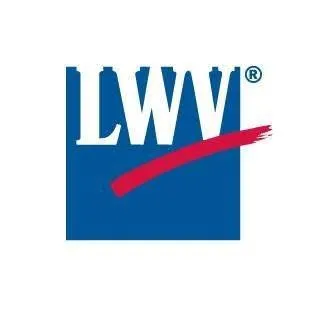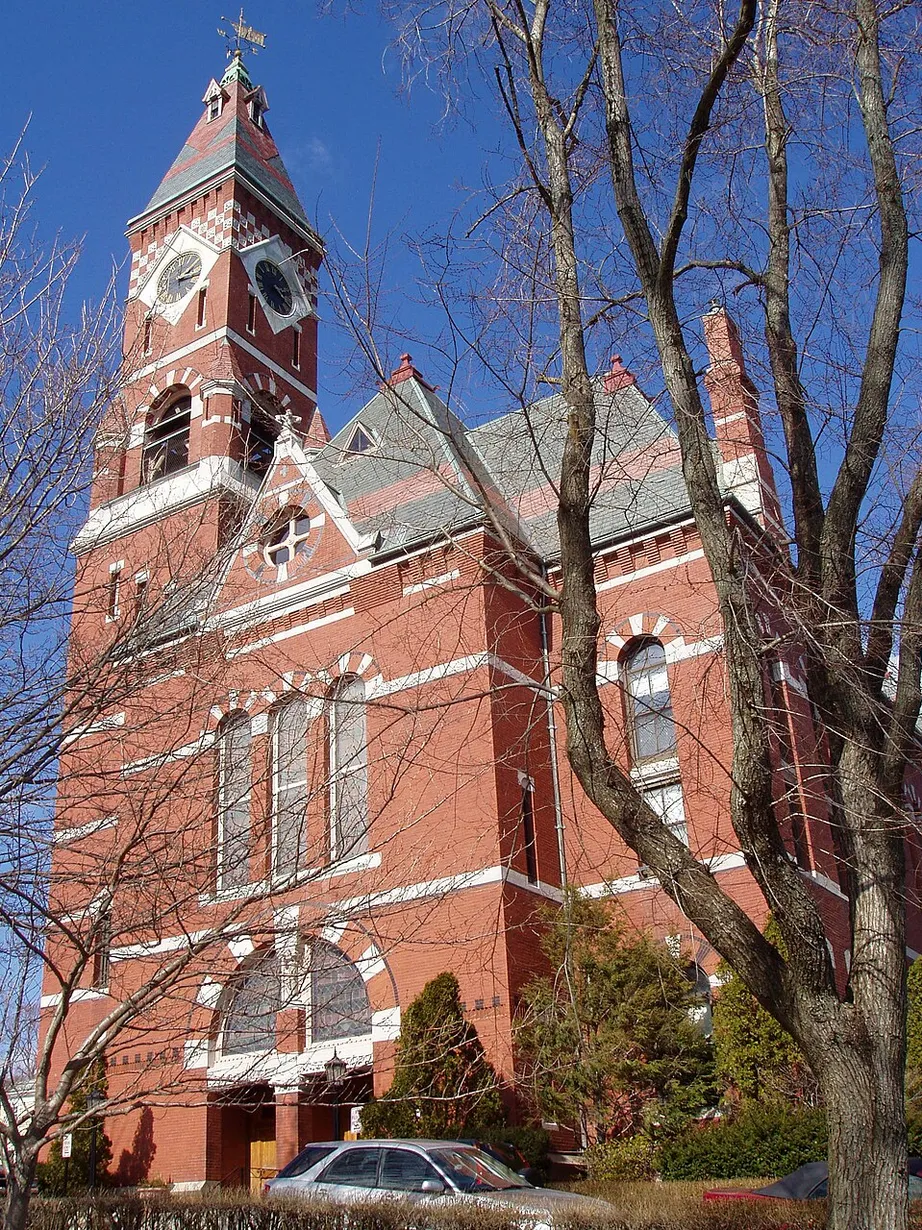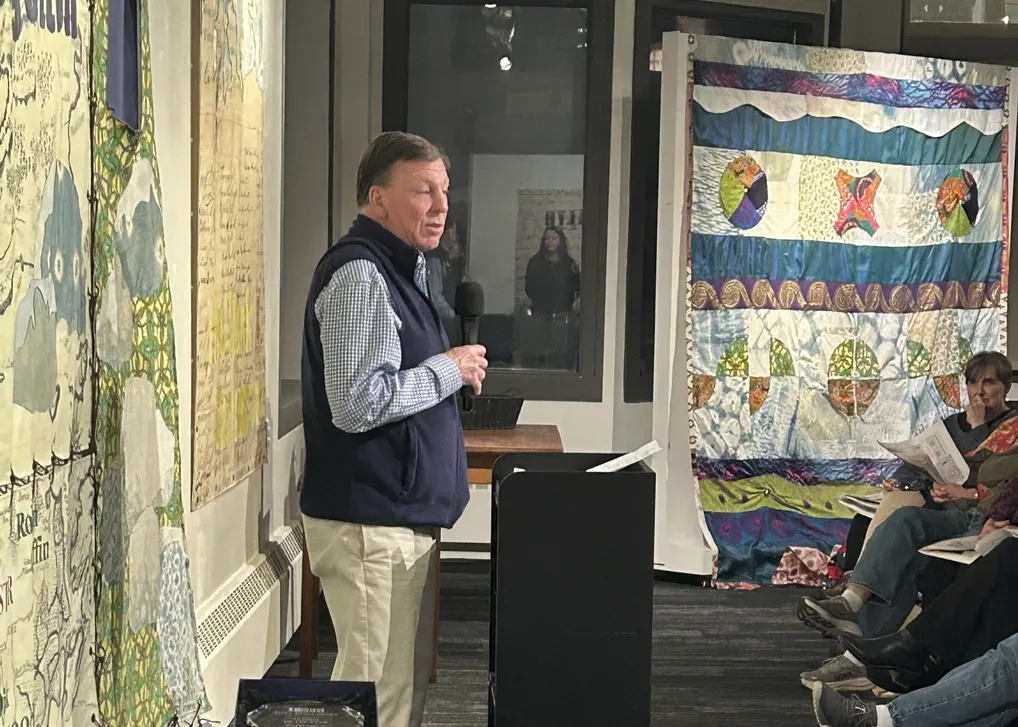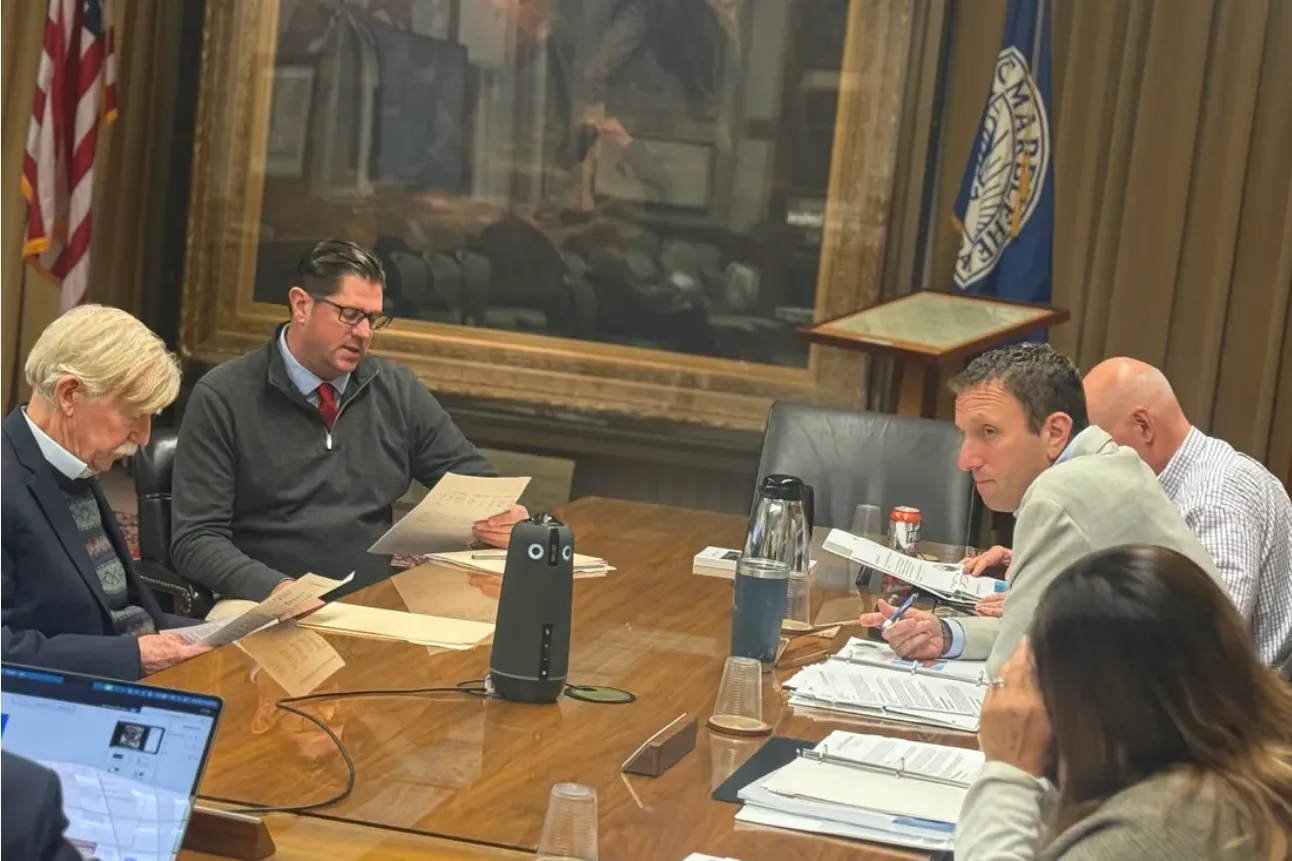Table of Contents
LWVM observer: Tom Krueger
Members in attendance: Andrew Petty, Tom McMahon, Dr. Tom Massaro, Dr. Amanda Ritvo
Approval of minutes: The board approved minutes from meetings held July 10, July 22 and Aug. 13.
Community health assessment
Dr. Tom Massaro reported progress on the Community Health Assessment Marblehead, or CAHM. Dr. Caitlyn Coyle, the primary researcher from the University of Massachusetts Boston, presented the project’s goals to the Select Board on Sept. 24. She explained that the assessment aims to evaluate health and well-being in Marblehead, inform strategic planning, provide data for stakeholders and establish a baseline for future progress.
Privacy and data security were emphasized. On Sept. 29, 16,739 postcards were mailed to registered voters and residents age 18 or older. Seventeen percent of that group are between 18 and 29—an age range that is difficult to engage.
Massaro said they hope to receive 5,000 to 6,000 completed surveys. Flyers created by the Council on Aging and Jack Attridge are being distributed at the YMCA, Council on Aging, JCC and houses of worship. Petty noted 12 posters have been produced and more could follow. A banner will hang over Tedesco Street in October, and both local newspapers will run ads.
Survey returns are expected within three weeks, though that may be extended. Massaro will meet with Coyle on Oct. 8 to assess progress. Petty said the town’s CODE RED system and a large email list will help with reminders.
“This survey should be taken very seriously,” Massaro said. “Tell us what you want us (BOH, HD) do for you.”
Massaro presented slides showing how wellness connects to emotion, spirit, mindfulness, connection, environment and purpose. Another slide encouraged participation: “Be heard,” “Be part of the solution,” “It only takes 10-12 minutes” and “Support your neighbor.”
Data privacy details included: responses are anonymous, data is stored on a password-protected University of Massachusetts Boston server, and only researchers have access. No raw data will be shared with the Health Department or Board of Health. Aggregated reports will be made public. The results can be linked to Massachusetts’ existing healthy aging community profile.
Data is expected by Thanksgiving, with preliminary analysis due in early 2026.
Charter Commission
Massaro said the Health Department and Board of Health were among just a few of the 68 entities with no concerns about Draft B. However, if passed at Town Meeting, the measure could be delayed by the state legislative calendar. A new legislative session could mean it’s 2028 before the charter is returned to Town Meeting.
Response to tragedy
McMahon said he will meet with the School Committee, Select Board and Parks and Recreation officials to discuss preventative strategies following a recent tragedy. Ideas include a midnight to 5 a.m. driving curfew for minors, reviving a designated-driver peer program, and bringing in the “Arrive Alive” simulator—a program that mimics impaired driving. A nine-day program for students in grades 7-12 would cost $22,500. Officials discussed funding options.
Massaro shared insights from a recent webinar on cannabis. He criticized the industry’s messaging and said no states have studied long-term impacts. He added that doctors lack training on cannabis consequences.
Health update
Ritvo discussed confusion over COVID-19 vaccine guidance for 2025-26. She said the Centers for Disease Control and Prevention’s Advisory Committee on Immunization Practices was overhauled, with some members lacking health backgrounds and opposing vaccinations. Ritvo said the committee shifted from broad to individualized recommendations without new evidence.
Massachusetts, by contrast, aligned with major medical organizations and regional health bodies. The Department of Public Health recommends vaccination for all eligible people, especially those older than 65, infants age 6 to 23 months, children 2 to 18 based on risk and all pregnant individuals.
Transfer station
Petty said the transfer station renovation project has been awarded to Deiulis Brothers of Lynn for $1,590,000. The second-lowest bid was $1,708,435. The project includes moving the scale and building a new scale house. Work begins this fall with construction continuing into winter.
While the “pit” is down, commercial haulers will take trash directly to Resco. Future plans include a new swap shed and on-site sorting of construction debris.
Trash and recycling
Petty discussed upcoming changes to curbside collection. Currently, each household is allowed a 65-gallon trash toter or two 35-gallon containers. All trash must be bagged, lidded and inside containers. Recycling has no volume cap but must not be bagged. Republic Services, the current vendor, handles recycling at no cost under the existing contract, which ends in September 2026.
In the future, the town will pay $80 to $90 per ton for recycling. Petty proposed standardized 65-gallon barrels for trash and recycling. The town could bulk-purchase and RFID-tag 16,000 containers for $900,000, payable over five years. Automation would reduce staffing needs.
Historic districts would retain current collection methods due to space constraints. Officials also discussed switching to biweekly recycling to save money. Salem already uses that model. Petty said business recycling would need closer regulation, as contamination above 5% results in fees of $130 per ton—the trash rate—rather than $80 for recycling.
Petty confirmed that the Finance Committee is aware of these issues. The town’s current waste contract costs about $1 million and is expected to rise to $1.6 million or more. He plans to issue a request for proposals that includes various options. McMahon emphasized the importance of public input and planning. Petty said internal handling of trash would be too expensive due to labor and equipment needs.
Q&A
Petty confirmed the Health Department budget must increase. It cannot be handled through a tax override, because if that fails, services like trash pickup would be eliminated.
Regarding the Republic strike, Petty said the town’s normal monthly bill of $84,000 was reduced to $34,000 due to service disruptions.
Petty said the best contract would be a three-year agreement with a two-year extension. He noted all Massachusetts landfills will close by 2030 and that New Hampshire and Maine already restrict out-of-state waste.



